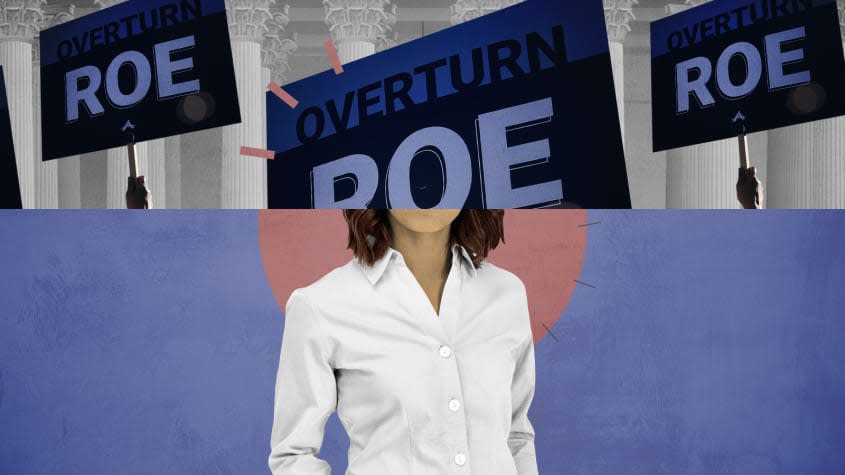The disingenuous core of Mississippi's 'women can have it all' argument

Today is a historic day. The Supreme Court is hearing arguments in a Mississippi case that will probably decide the future of abortion rights in the United States. Among the issues the justices will contemplate is a chicken-or-egg question: Does access to abortion increase women's opportunities, or do women's expanded opportunities make abortion unnecessary?
The attorney general of Mississippi, Lynn Fitch, would have you believe the latter. Since Roe v. Wade was decided in 1973, she wrote in a Sunday op-ed for the Washington Post, "it has become easier for women to reach the very pinnacle of our success, economically and socially, fully independent of the right" to abortion.
"Law and public policy, culture and society have all advanced to give women more opportunities to pursue success in our professional lives and also have a family," Fitch added. "Maternity leave and even paternity leave are commonplace. … Men and women are sharing responsibilities in the home better than ever before."
Fitch might be overstating the extent of women's advancement somewhat — the United States is one of just six countries without a national paid leave policy, and women still bear the brunt of household duties. Still, most people would agree that things are generally better for American women than they were 50 years ago.
But those advances are probably the result of Roe, at least in part. "Studies show that in addition to impacting births, abortion legalization has had a significant impact on women's wages and educational attainment, with impacts most strongly felt by Black women," a group of economists wrote in a friend-of-the-court brief in the Mississippi case. Research shows that "abortion legalization had large effects on women's education, labor force participation, occupations, and earnings."
In other words, Mississippi is using the benefits provided by reproductive rights to justify taking those rights away.
Most pro-lifers sincerely believe that abortion is deeply immoral. That's the reason the Mississippi law exists, and why Americans have been fighting about abortion for the last few decades. If you truly think that abortion is a form of murder, everything else is secondary. Would Mississippi be trying to overturn Roe even if women had made no advances in the last half-century? Almost certainly. Even granting that her celebration of women's liberation is sincere, Fitch's argument is disingenuous because it's irrelevant to the real reason the Supreme Court is hearing arguments today.
Many Americans find themselves in a moral gray zone with regard to abortion: Just under half of us say it is "morally acceptable" but a much larger percentage still wants to preserve Roe. Mississippi's "women can have it all" argument may make such folks feel less queasy about its restrictive new law, but it's just a faux-feminist fig leaf.
You may also like
7 scathingly funny cartoons about Thanksgiving inflation
Biden laments 'unimaginable grief' of families affected by Michigan school shooting

